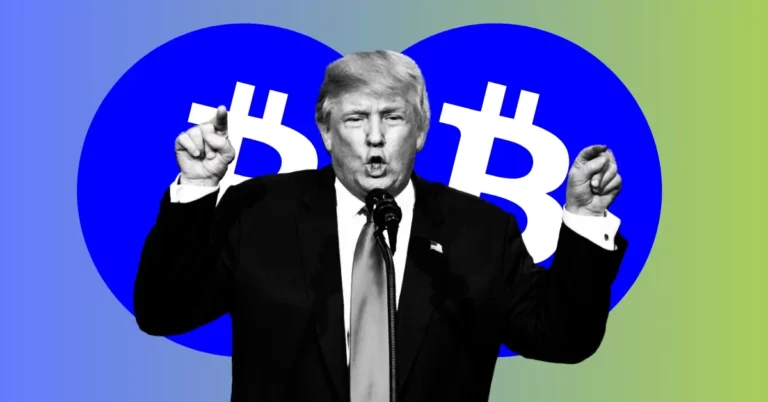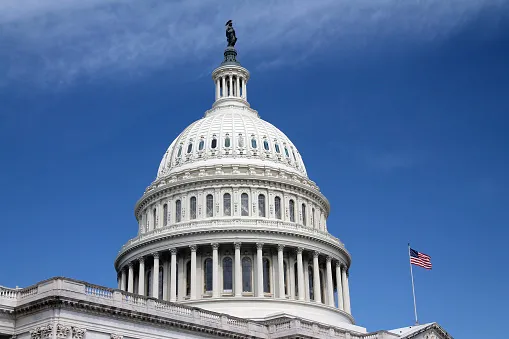Brazil’s Congress is currently reviewing a groundbreaking proposal that could forever change the country’s financial landscape. The idea? A sovereign federal Bitcoin Reserve, known as RESBit, that could serve as a shield against global financial instability. This bill, introduced on November 25 by Congressman Eros Biondini, suggests that Brazil might start holding Bitcoin in its national reserves, alongside traditional assets like the US dollar.
What’s This All About?
To understand why this matters, you need to know what a “sovereign reserve” is. Think of it as a country’s emergency financial stash—a pool of assets kept by the central bank to back its currency and stabilize the economy. For Brazil, this reserve usually includes things like US dollars or other traditional currencies.
But Bitcoin? That’s a new idea.
The proposal aims to add Bitcoin as a part of Brazil’s reserve, capping it at 5% of the total national reserves. The idea is that Bitcoin can act as a hedge (protection) against risks like currency fluctuations or political instability, which could impact traditional fiat currencies. It could also serve as collateral for Brazil’s upcoming digital currency, Real Digital (Drex).
Why Bitcoin?
Bitcoin is increasingly being seen as a store of value, somewhat like gold, but with the added benefits of decentralization and ease of transfer. Unlike traditional currencies, Bitcoin isn’t tied to any country or central bank, making it an attractive option when looking to diversify assets and safeguard against global risks like inflation or economic downturns.
Brazil isn’t the first to think this way. El Salvador set the stage in 2021 when it made Bitcoin legal tender. This helped boost financial inclusion and attract foreign investment. El Salvador has been purchasing Bitcoin ever since and now holds nearly 6,000 BTC.
Brazil’s legislation looks at this move by El Salvador as a sign of progress, highlighting how Bitcoin has helped diversify its economy over the years.
What’s at Stake?
This bill isn’t just about making Bitcoin a part of Brazil’s national reserves—it’s also about the potential risks involved. If the reserve isn’t managed properly, there could be penalties, even criminal charges, for mishandling the assets. This shows that Brazil is taking the responsibility seriously.
Moreover, Brazil’s central bank would manage this Bitcoin reserve using blockchain technology and artificial intelligence, ensuring transparency and efficiency in handling the assets.
Why This Matters for You:
- Global Impact: If Brazil successfully implements a Bitcoin reserve, it could signal a bigger shift in how nations view digital assets. Bitcoin, and potentially other cryptocurrencies, might become part of national economies worldwide.
- Learning Opportunity: Understanding these changes will give you a deeper insight into how digital currencies are becoming mainstream and how governments are adapting to them. This could be key knowledge as you consider investing in or trading Bitcoin.
- Financial Resilience: The idea of holding Bitcoin in national reserves could spark other countries to diversify their economies, making Bitcoin a more accepted and trusted asset in the future. This could impact everything from the value of Bitcoin to the way global finance operates.
Key Terms to Remember:
- Sovereign Reserve: A nation’s stockpile of assets to back its currency and stabilize its economy.
- RESBit: Brazil’s proposed Bitcoin reserve, aiming to enhance economic resilience.
- Hedge: A strategy to protect against financial risks, like currency fluctuation.
- Real Digital (Drex): Brazil’s upcoming central bank digital currency.
- Blockchain & AI: Technologies that will help manage the reserve, ensuring transparency and security.
Why Should You Care?
If you want to build your knowledge in the crypto space, this is a major development. Not only does it show how Bitcoin is evolving, but it also highlights how governments are exploring new ways to protect their economies in an increasingly digital world. This knowledge could help you understand the bigger picture, whether you’re a crypto enthusiast or someone looking to invest in the future of finance.



